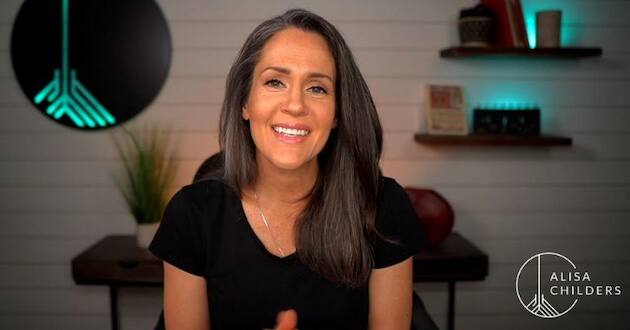“Deconstruction” of one’s faith has become a popular – and concerning – trend in the church, author Alisa Childers said.
“I do think it’s a fad, although a lot of people would say it’s not a fad,” she told CBN News recently. “It’s actually this real experience that happens, but I think it can be proven to be a fad, because you can trace it back through its philosophical roots in the postmodern philosophies that gained steam in the 60s.”
“The problem with what we see in the deconstruction movement is that, very often, what people decide are bad beliefs are actually historic Christian doctrines like original sin and the sacrificial death of Jesus on the cross,” she said. “And theological doctrines that really define Christianity.”
Social media has helped solidify deconstruction as a fad. “I think there’s a little bit of a social contagion aspect to it as well, because that hashtag of ‘deconstruction’ — there’s a lot of false information in there,” she said. “There’s a lot of claims that are made about Christian theology that are not true.”
One challenges is that the word carries different meanings for various people. Childers said it’s essential to ask and understand what someone means when he or she uses the word.
READ: How the OSCARS touched on a truth about Christianity in the modern world
“You might have one person who says deconstruction is when you take the faith tradition you were given as a child and you measure it against scripture,” she said. “You go to scripture and you say, ‘OK, I think that was an unbiblical belief. I want to get rid of that one.’ Other people mean it to just be engaging maybe some serious, nagging doubts they’ve been having.”
Childers said it is good to positively engage doubt, ask tough questions and test the faith tradition given by parents against scripture. Unfortunately, some people do something quite different; they experience a “shift of authority from an external source of authority for truth to the authority of the self.”
“It’s having devastating effects, because it’s causing people to really turn against their ultimate purpose, which is to love God, to worship him and be in his presence,” she said. “And what we’re doing culturally is basically telling people, ‘You should follow your heart, because what you find in there is going to be good.’”
–Alan Goforth | Metro Voice
